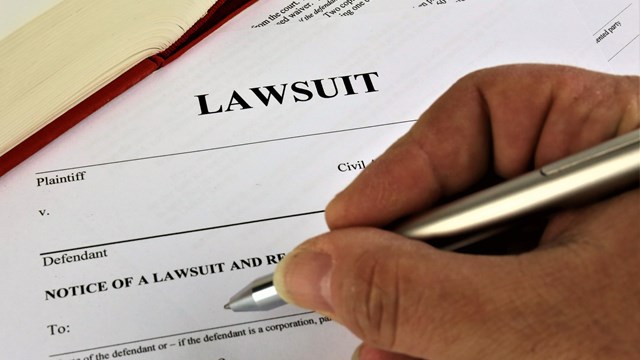
Secondly, a special assessment was conducted collecting $400 from each unit owner, for a total of $145,600, to make repairs to our clubhouse. We were told the assessment was for emergency repairs and no vote was taken to authorize the repairs. Miscellaneous work was done over several months and all but $5,000 was spent. A request was made for an audit and I was informed that it would be done and made available along with the regular annual audit in January. Neither has been done. The board constantly spends funds on miscellaneous items without first voting in an open meeting.
—Sick of Board’s Spending
“With regard to the ADR process, the statute requires that ‘[a] person other than an officer of the association, a member of the governing board or a unit owner involved in the dispute shall be made available to resolve the dispute.’ This means that an ADR committee of disinterested unit owners will handle such disputes. If your board has refused to implement the process, you, as a homeowner, may notify the New Jersey State Commissioner of Community Affairs who has the authority to ‘order the association to provide a fair and efficient procedure for the resolution of disputes.’ If you are unable to gain compliance through any of these methods, you should immediately contact an attorney to discuss enforcement of your rights.
“On the special assessment issue, an attorney should be consulted to review your association’s master deed and bylaws to determine under what circumstances the board may specially assess unit owners. Generally speaking, an association’s master deed and bylaws will provide to the extent to which a board may specially assess without a vote of the membership. However, most governing documents permit a board to specially assess for ‘emergency conditions.’ Boards are guided by the ‘business judgment rule’ in determining what constitutes ‘an emergency.’ Courts will not disturb a board’s determination unless there is evidence of fraud, self-dealing or unconscionable conduct on the part of individual board members.
“However, the board’s refusal to permit inspection of the books and records is most troubling. The New Jersey Condominium Act imposes certain duties upon the board, including, ‘the maintenance of accounting records, in accordance with generally accepted accounting principles, open to inspection at reasonable times by unit owners. . .’ N.J.S.A. 46:8b-14(g). Thus, if the board denies a homeowner the right to inspect the accounting records, it is in violation of the act. You should contact an attorney who can provide further guidance on how to






Leave a Comment